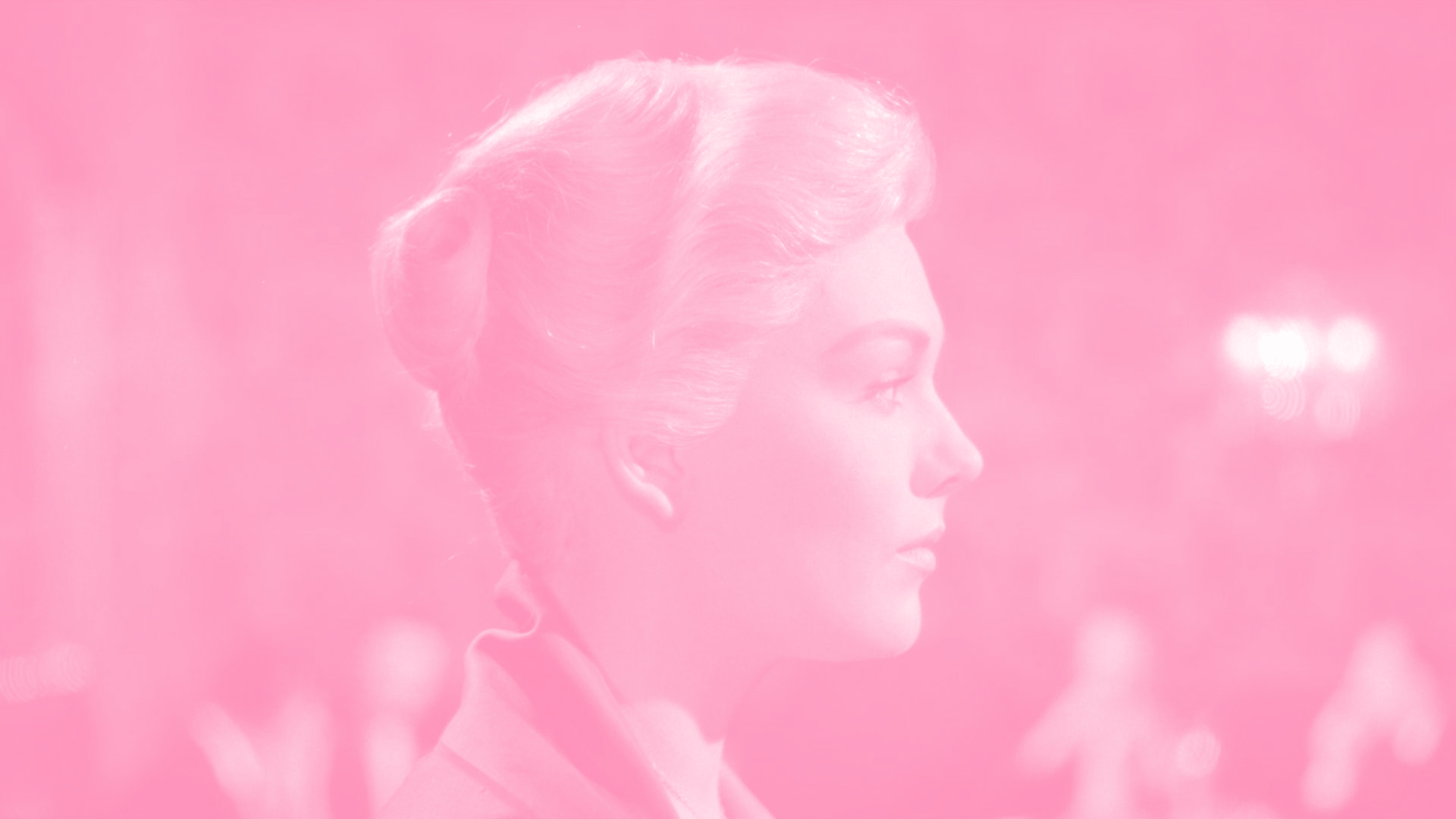I fall in love quite easily. When I see someone whom I find beautiful, a glimpse becomes a stare, a stare turns into an attraction, the attraction becomes a fascination, the fascination is then an…
For as long as I know I’ve always been fascinated with the Second World War. It is, for a lack of a better word, my favorite war. And I can’t see how this could have been any different; growing up the war seemed to have been everywhere. It was something the whole world had to live through at the time.
But even if ‘retro’ has replaced ‘renaissance’ and, like Hugo put it rather eloquently, mainstream filmmaking can sometimes feel like a calzone of familiar ideas being folded on top of each other over and over again, we shouldn’t condemn our personal sense of nostalgia for the films that we remember so longingly, and in some cases rather naively, helped shape who we are as grown ups.
I don’t know about you, but I’m really looking forward to April the 26th, the date when the 93rd award ceremony of the Academy of Motion Pictures and Sciences will be held. Although I’m probably looking forward to it for another reason than you might think.
The duty of a documentary filmmaker is to show, how master of reality Werner Herzog likes to call it, the ‘ecstatic truth’: a truth that is not necessarily fact-related, but more so a story that is an intensification of the world as we know it. In search of this truth, the documentarian is on an everlasting quest for the secret stories, the hidden pain that has not yet seen the daylight, or the – often troublesome – characters whose voices are yet to be heard. And mankind is vain. If a documentarian asks you to make a film about your life, you will most likely say yes. We like to believe we are special, that we have a story to tell.
In our first episode we’ve established our love for cinema in all its facets and intricacies, of which there are so many that it prompted this quote from Jean Luc-Godard.
He said: “Film is truth twenty-four times a second, and every cut is a lie.” The Austrian auteur Michael Haneke boiled this statement down to its natural conclusion: “films is 24 lies per second.”
As I lie here waiting for these lonesome, dreadful days to pass, pacing the cage of my homely confines, flipping through my film collection and returning time and time again to the same classics I’ve watched dozens of times, I began to wonder what it is that I miss so much about the cinema.








Recent Comments